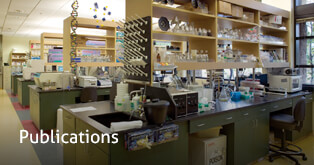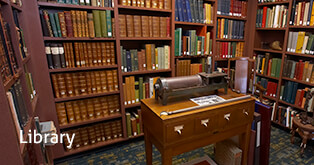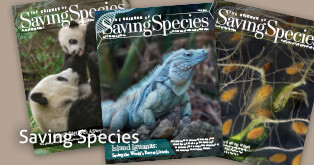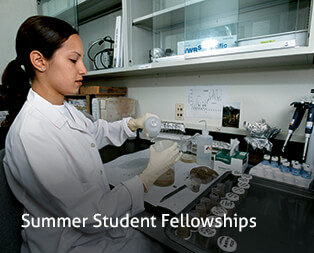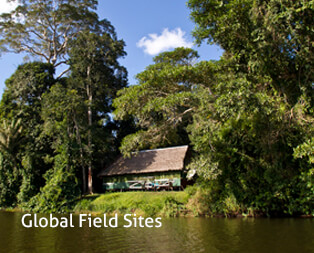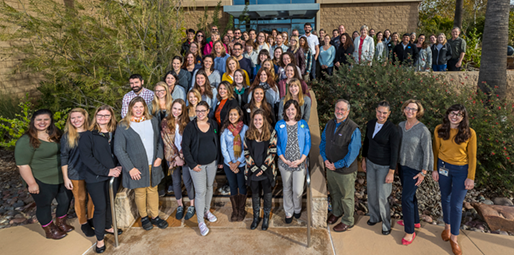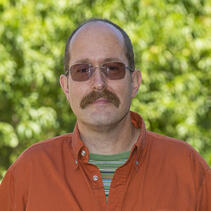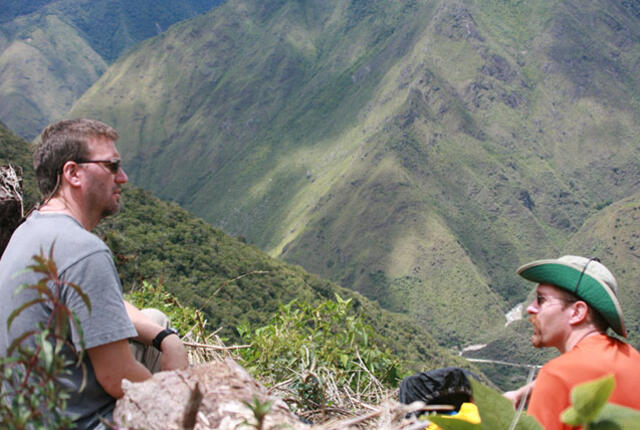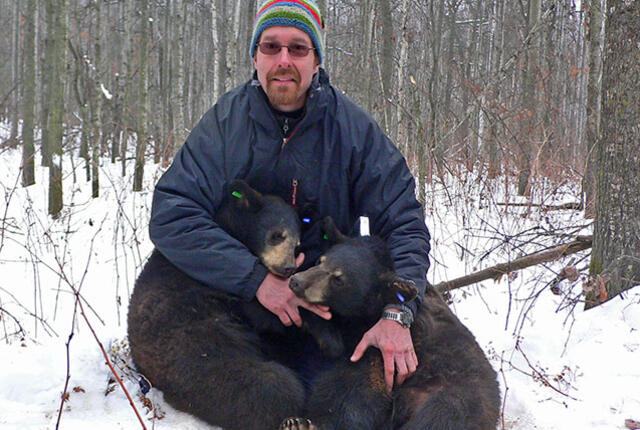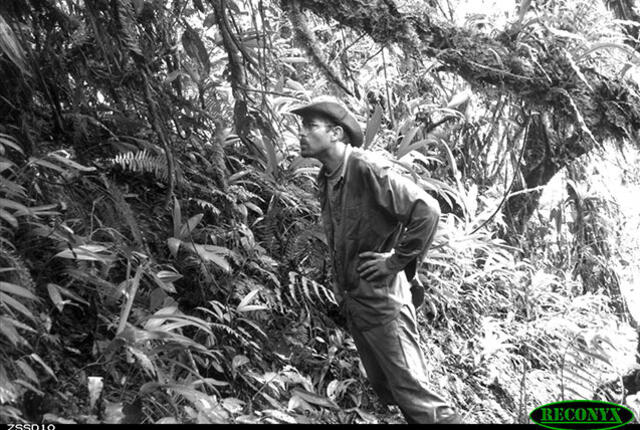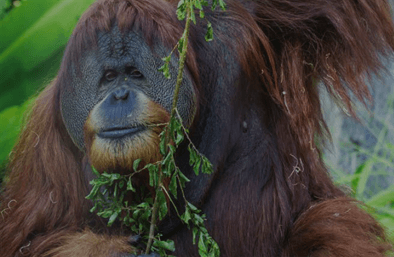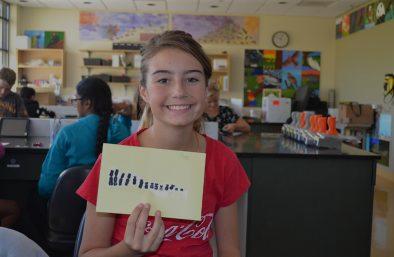Russell Van Horn, Ph.D.
Dr. Russ Van Horn serves San Diego Zoo Wildlife Alliance as a Scientist in Population Sustainability. He integrates behavioral and ecological theory into conservation research and practice, using direct and indirect behavioral, ecological, and genetic methods to identify and describe conservation challenges and seek effective and sustainable solutions.
Russ leads our Andean bear conservation program, focuses on collaborative fieldwork in Peru using diverse methods to advance scientific knowledge. His current work has involved collecting data through camera trapping, vegetation monitoring, and plant community description. He feels strongly that effective conservation requires the involvement of local biologists and community support, so he works with local people whenever possible. Russ is also involved with integrative analyses of data from captive bears to inform zoo husbandry, provide additional perspectives for field data, and develop methods to facilitate field research. He has worked with collaborators to develop non-invasive methods to identify individual Andean bears, estimate their ages, and assess their body condition.
Russ earned his bachelor’s and master’s degree in Fisheries & Wildlife Management from University of Minnesota and Montana State University, respectively, and his doctorate in Zoology and Ecology, Evolutionary Biology, & Behavior from Michigan State University. Following this, he completed a post-doctorate appointment at Duke University. Russ has been involved in wildlife research ranging from savannah baboons and spotted hyenas to small mammals, neotropical migrant songbirds, elk, and bison. He is certified as an Associate Wildlife Biologist by The Wildlife Society and serves as co-chair of the IUCN’s Andean Bear Expert Team. Russ is a lead or secondary author on more than 60 blogs, 32 scientific presentations, and 22 scientific publications. He has been interested in wildlife conservation his entire life, and feels fortunate to have grown up in a rural area where people still interact with nature on a daily basis.

